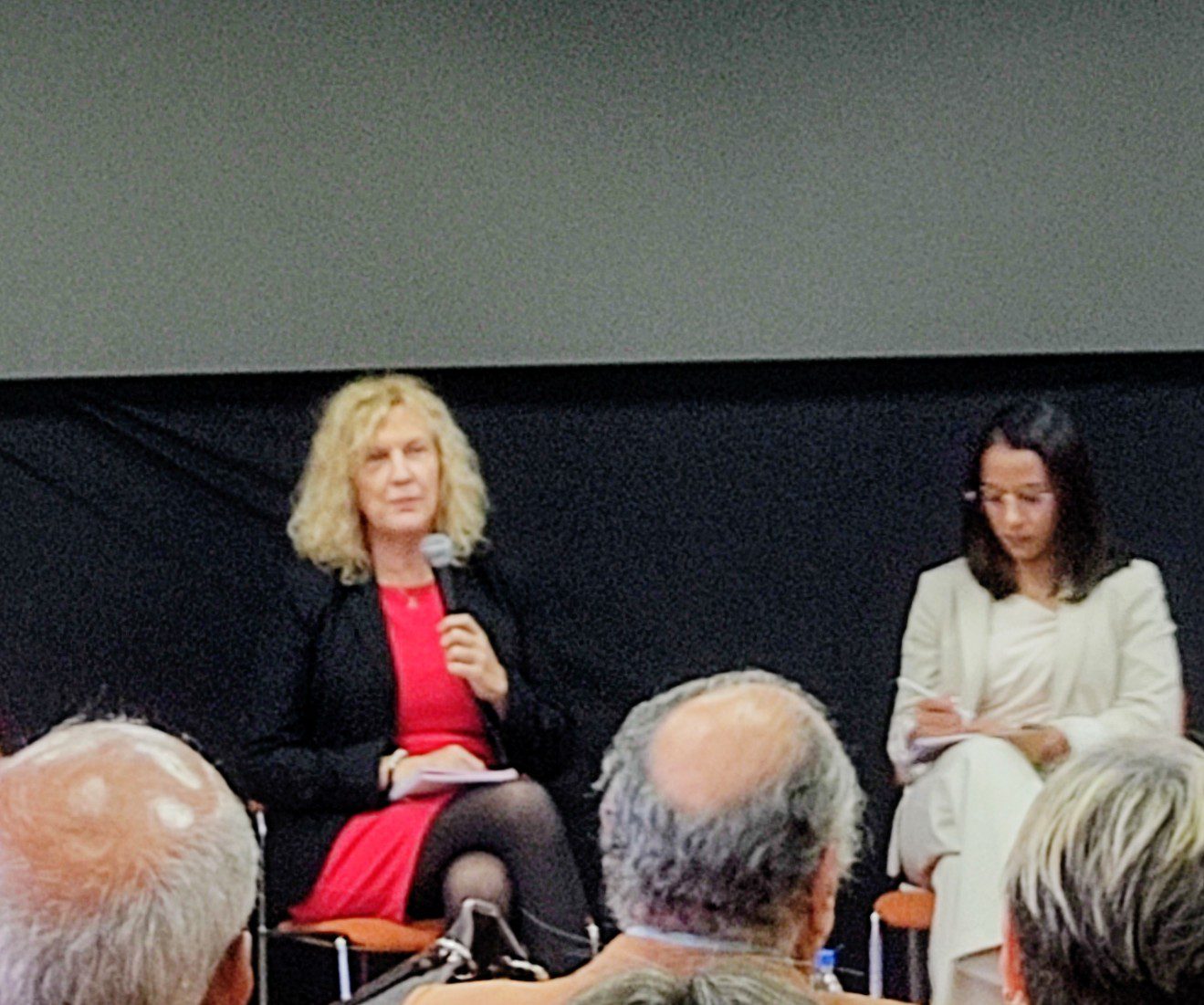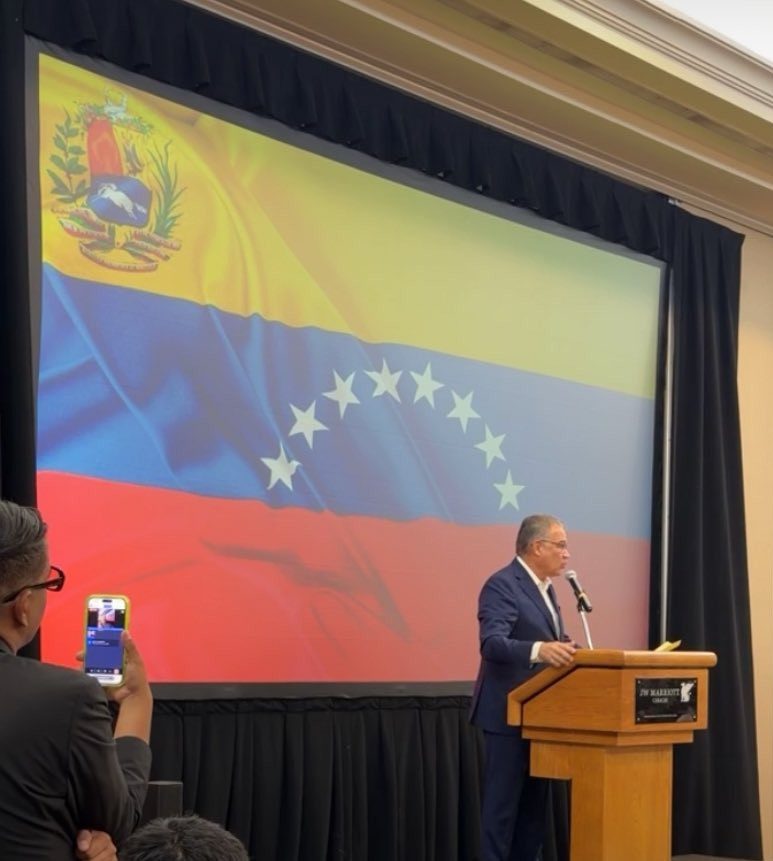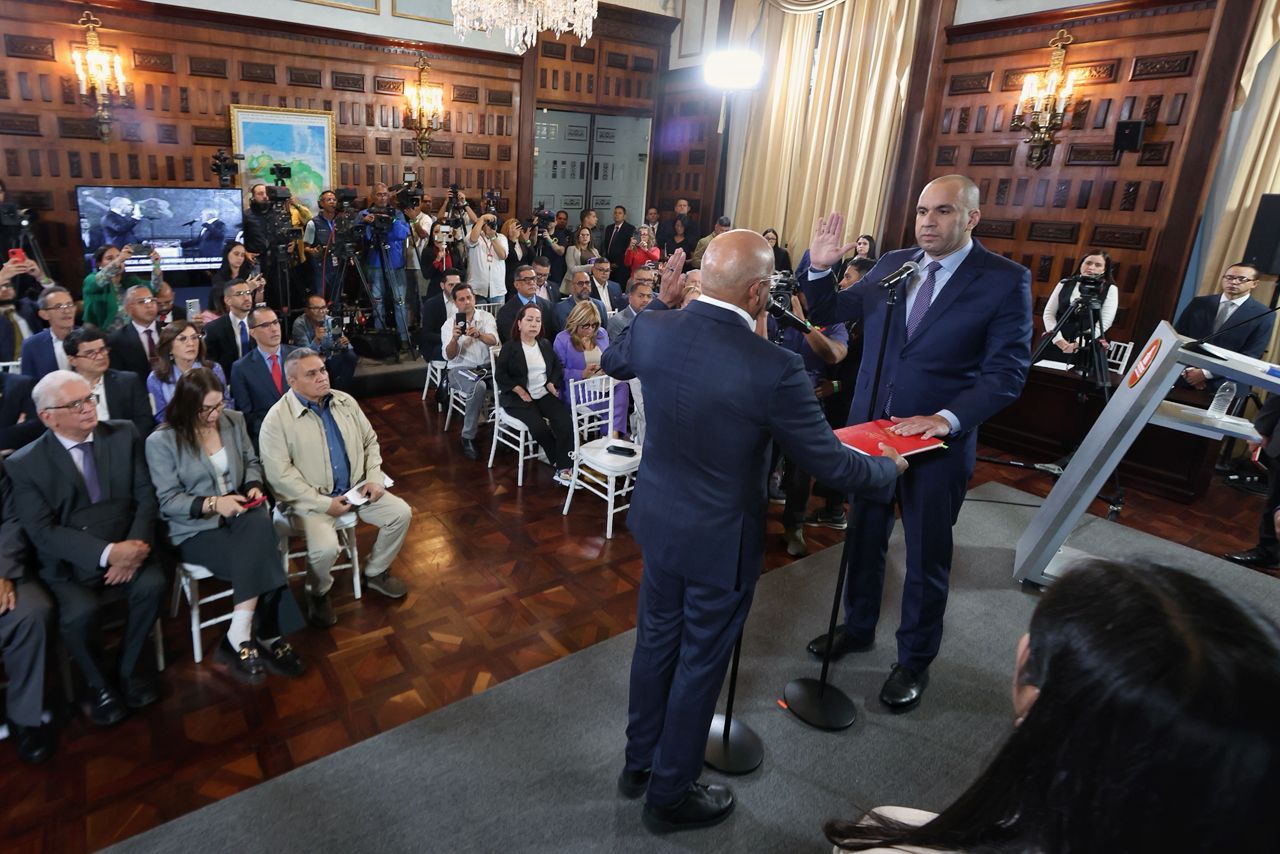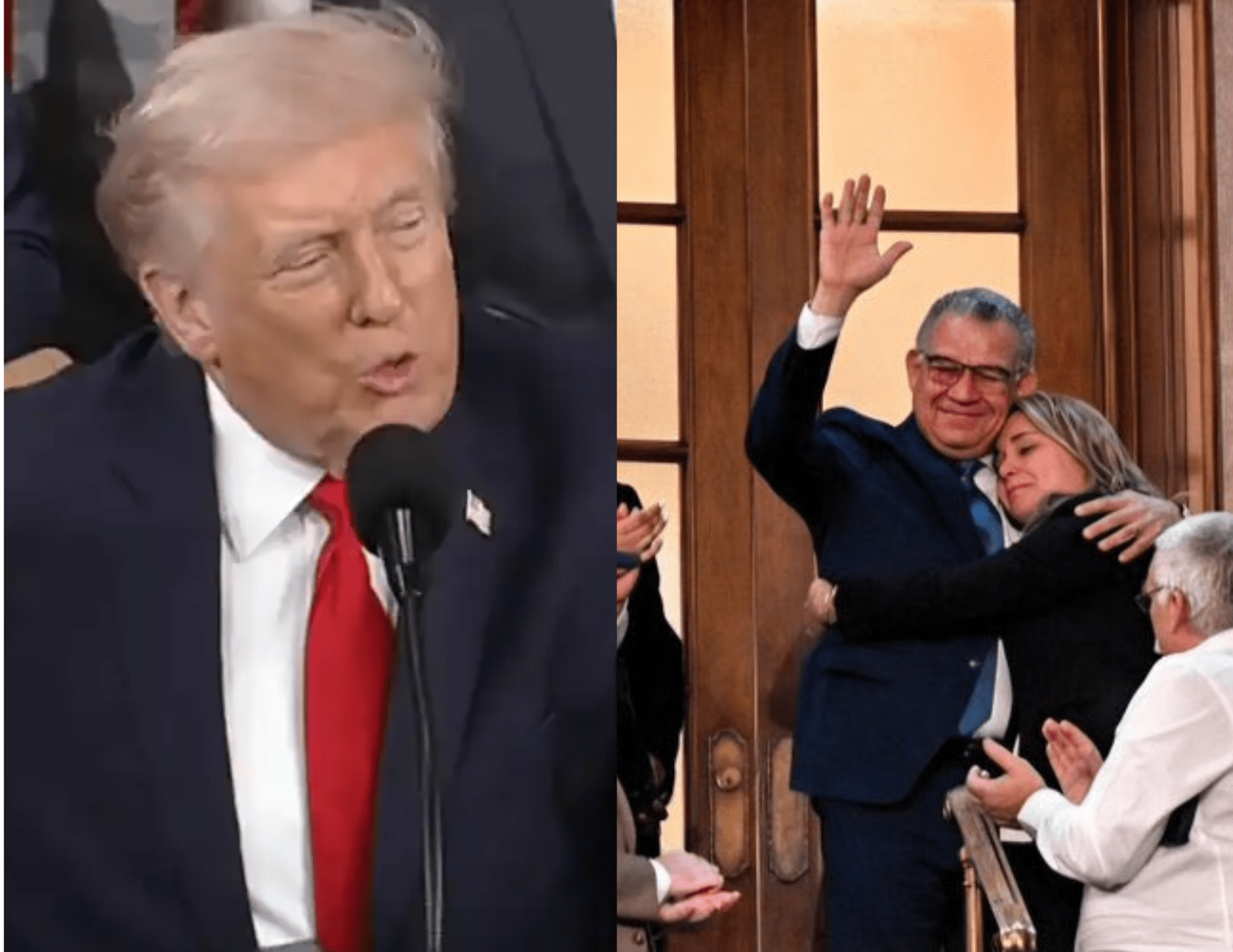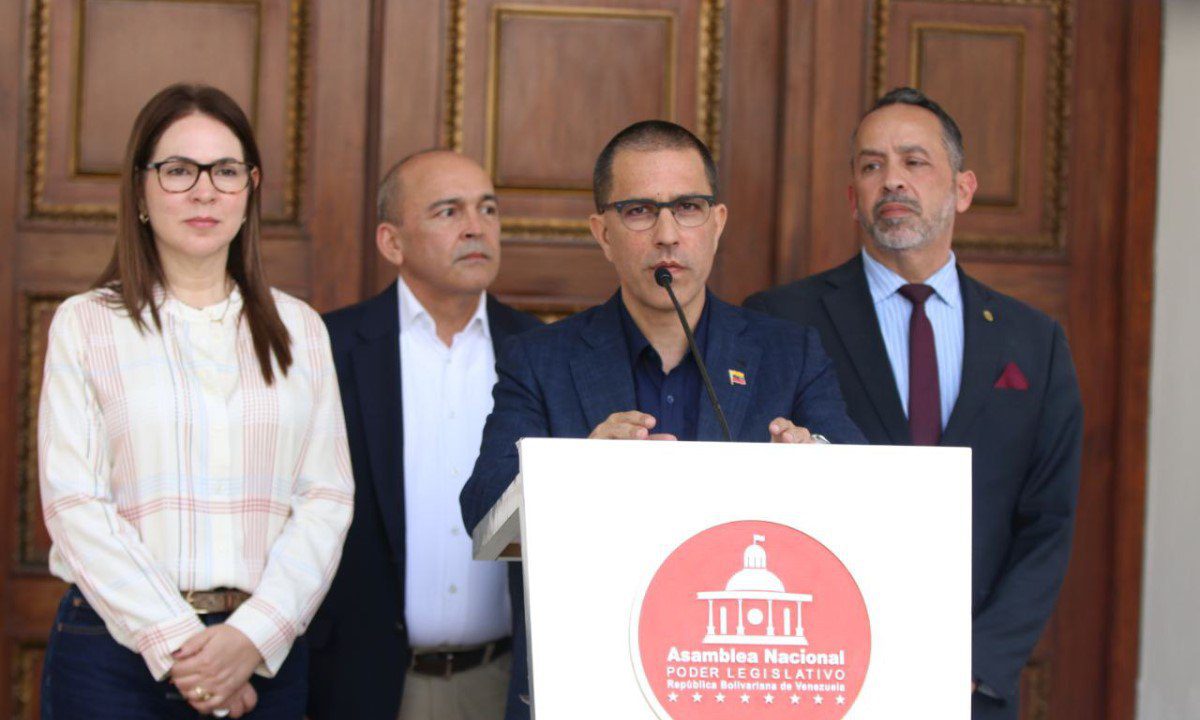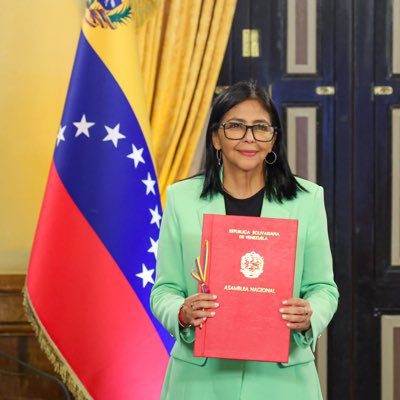Former presidential candidate Henrique Capriles at the official launch of the DECIDE Network on April 2, 2025. Photo: Luis Alejandro Ruiz.
Guacamaya, April 2, 2025. Several figures from Venezuelan civil society and factions within the opposition gathered on Wednesday at the Central University of Venezuela to launch the DECIDE Network, aimed at defending participation in the upcoming elections.
Spokespersons at the event included former presidential candidates Henrique Capriles and Henri Falcón, journalist Vladimir Villegas, union leader Pablo Zambrano, activist Chúo Torrealba, and political leaders Elías Sayegh and Mercedes Malavé.
Key topics of the meeting included defending opposition participation in the elections, demanding the release of political prisoners, and rejecting foreign interference. The acronym DECIDE stands for “Defensa Ciudadana de la Democracia” (Citizen Defense of Democracy).
Defending participation against the abstentionist faction of the opposition was the central theme. Marialbert Barrios, once the country’s youngest legislator, stated, “In this country, not participating is not an option.”
Vanessa Linares, wife of the currently imprisoned mayor of Maracaibo, highlighted the cases of several detained political leaders, including Pedro Guanipa, Margarita Assenza, David Barroso, and Viviana Berrios.
Henrique Capriles, leader of Primero Justicia, closed the event with a speech in favor of electoral participation, against sanctions, and criticized fellow opposition members for remaining silent about the stigmatization of Venezuelans abroad.
Capriles recalled that the opposition’s major victories have been electoral, such as the 2007 constitutional referendum and the 2015 National Assembly elections.
The former presidential candidate and ex-governor of Miranda criticized those who support sanctions against Venezuela: “Who can agree that this people should suffer even more? What more sacrifices will be demanded of the people in this country? If oil companies leave our country, we’ll go back to the days of smuggling. Those who say, ‘Take away their resources, because that means taking resources from the government’—did we not learn from what we lived through just a few years ago?”
Capriles added: “A company leaving this country is a tragedy for us Venezuelans, not for Maduro. Maduro does not own this country. We, who remain here, do. We oppose this government, but we also oppose any measure that harms the people. That doesn’t mean siding with Maduro—that’s blackmail and manipulation. I don’t agree with strangling the economy, because that means hospital workers have fewer resources, and retirees suffer more.”
Finally, Capriles rejected the stigmatization of his compatriots: “They’ve made Venezuelans an easy target,” he said, referring to actions by the U.S. government against migrants from his country. He also criticized the silence of several political leaders on the issue.
Elías Sayegh called for reflection on the damage caused by “hatred.” He declared: “Hatred has led us to lose the Republic itself. Hatred has brought us to the brink of losing our rightful claim to the Esequibo territory. Hatred has put us at risk of losing our assets, our companies abroad. It has made coexistence, democracy, and peace unviable. […] We must overcome hatred.”
“We want peaceful change—not the peace imposed through injustice, but the peace of reconciliation. We want the peace of understanding, of guarantees, of respect, of recognition,” concluded Sayegh.


